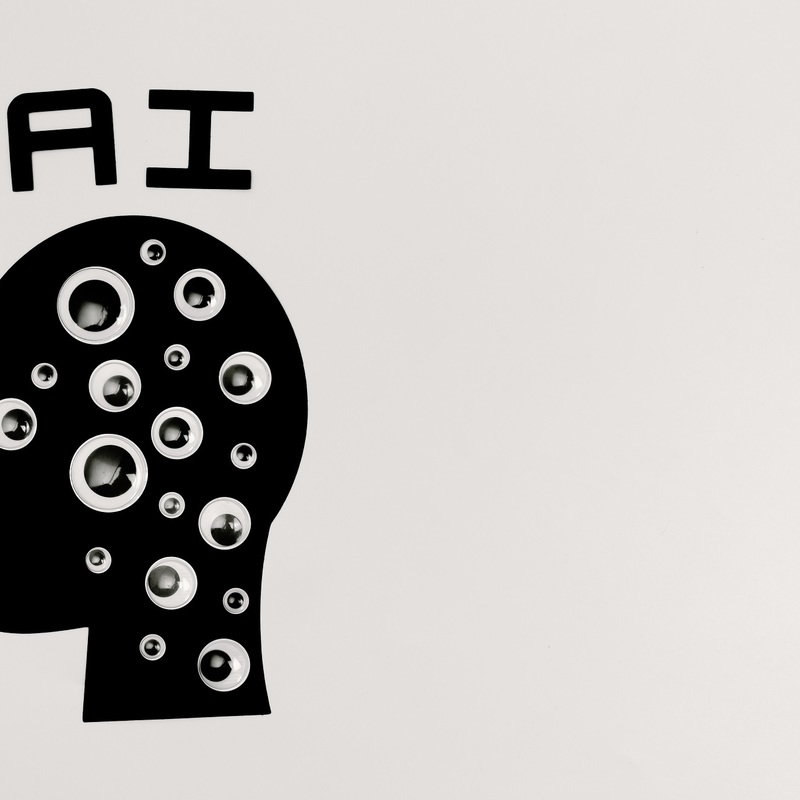Search
Ordinary General Meeting 2024 of the International Academy of Sciences and Arts – Protokoll der Ordentlichen Hauptversammlung 2024 der Internationalen Akademie der Wissenschaften und Künste e.V. (IASHA)
DOI: 10.17160/josha.11.6.1022
IASHA e.V is a registered non-profit society to promote sciences, humanities, research, art, culture, education and individual vocations, including editorial support of this exceptional journal and annual awarding of Demetrios prizes for outstanding bachelor, master and doctoral theses. The association is entitled to issue tax-effective certificates for donations and membership fees. The annual fee is 100 €. General meetings take place bi-annually. You find here the minutes of the general meeting of November 8, 2024. We are soliciting new members and more donations in order to boost the global altruistic mission of IASHA e.V. We encourage you to become a member of IASHA e.V. and/or to support us with your donation. Further information and an application form for membership can be found on the homepage of IASHA e.V. under www.iasha.org.
Arbeitszeiterfassungspflicht an privaten Hochschulen – auch für Professorinnen und Professoren? - Mandatory recording of working hours at private universities - also for professors?
DOI: 10.17160/josha.10.5.919
In September 2022, the Federal Labour Court ruled that employers are obliged to introduce a system that records the start and end of their employees' daily working hours. Since, according to corresponding regulations in the higher education or civil service laws of the federal states, the working time law does not apply to university teachers at state universities, the question arises as to which regulations apply to university teachers at private universities. The following article is dedicated to this problem and deals with a draft bill of the Federal Ministry of Labour and Social Affairs on the revision of the Working Hours Act of March 2023. The paper was previously published in Ordnung der Wissenschaft Issue 03, Volume 2023 (https://ordnungderwissenschaft.de/wp-content/uploads/2023/06/Wertheimer.pdf).
“Until grey hair appears on the hands and feet”- On the Significance of Human Body Parts in African Idiom, Using the Example of the Idioms of the Fon from Benin
DOI: 10.17160/josha.10.5.916
Idiomatic is a branch of lexicology dealing with idioms. It is the study of the peculiarities of a language, a dialect, and the totality of idioms of a language. While it is having already been the subject of several studies in a so-called written culture as Germany, it has been sparsely researched in societies with a strong oral tradition, such as those in Africa. This article therefore focuses on 56 idioms of the Fon from Benin (West Africa). The focus is on the significance of human body parts in the Fon idioms and on their cultural aspect. The aim of the paper is to fill the gap in Beninese idiom in particular and in Africa in general.
The Power of Thought Over Thinking - Die Herrschaft des Gedankens über das Denken
DOI: 10.17160/josha.10.3.907
This article is inspired by a quotation from Heinrich Heine (1833) („No, we do not seize an idea, but the idea seizes us and kneads us and whips us into the arena that we, like forced gladiators, fight for it”), in which he refers to the power that thoughts can gain over the thinking person. The paper explores this perspective on thinking and asks how it can happen at all that thoughts acquire power. To this end, it provides examples of thought phenomena such as fixed ideas, prejudices, dogmatism, fundamentalism, and conspiracy theories. The question then arises as to what kind of conception of thinking emerges if one foregrounds the content of thought rather than the cognitive processes, as is common today. These considerations lead to assumptions about what thoughts are, what makes them persistent and why a flexible, reflective handling of them so often fails. Recommendations on how to accomplish a critical way of dealing with thoughts are indicated at the end.
Ein Beitrag zur Künstliche Intelligenz – A Contribution to Artificial Intelligence
DOI: 10.17160/josha.10.2.892
This paper will not be able to cover the subject comprehensively, rather it will highlight and explain major lines of thought in Artificial Intelligence (AI). Mathematics will be largely avoided. The paper describes the elementary working principles of today's AI, points to a number of successful applications, and presents perspectives for the future. This paper was previously published in Ordnung der Wissenschaft (OdW) Issue 02/2023 (https://ordnungderwissenschaft.de/wp-content/uploads/2023/03/02_02_Burkhardt.pdf).
Künstliche Intelligenz in der Krebstherapie - Artificial Intelligence in Cancer Therapy
DOI: 10.17160/josha.10.2.875
The number of computer- and data-based tools is rapidly increasing in the field of oncology. Corresponding methods are finding their way into almost all areas of application, from diagnostic systems and tumour modelling to prognosis of disease progression. However, the sheer combinatorial complexity of this disease, resulting from more potential combinations of cancerous mutations than atoms in the universe, leads to the need for cancer treatment optimised for individual patients. The use of artificial intelligence to optimise therapeutic interventions aimed at controlling cancer within clinically meaningful limits is still a very uncharted territory that has rarely been entered beyond pure in silico experiments. In this manuscript, we explain the basics of artificial intelligence, show some applications already established today, provide a vision of an AI-controlled therapeutic system, and briefly discuss some general ethical considerations.
Das Regime des nackten Überlebens The Regime of Bare Survival
DOI: 10.17160/josha.10.1.872
Reflection on Hannah Arendt can show: If we let ourselves be driven by the idea of avoiding death at all costs, there is not much left of life. Everything in life is connected with danger for life. We have to first and foremost accept our finiteness and our mortality. Then we must ask ourselves what is worth living for and what is worth the risk of dying for.
Kunst und Künstliche Intelligenz – Art and Artificial Intelligence
DOI: 10.17160/josha.9.5.846
Artificial intelligence: For some time now, this magic word has been stirring not only business and the public, but also our imagination. We imagine brains intervene in everyday life, make complex decisions with cool expertise, perform the most astonishing services, and - in the worst case - put us out of work. Fact is that artificial intelligence (also referred to as AI) has already come a long way and that the status quo is only the beginning of many further developments and revolutions.
Wendepunkt Mutterschaft - Turning Point Motherhood
DOI: 10.17160/josha.9.5.843
This master's thesis provides an overview of the changes and challenges of motherhood in women's educational biographies. The role that family planning plays in how women shape and evaluate their lives after birth of their children and which opportunities and problems they have to deal with. In particular, the individual life history background as well as social and political factors were considered. Since family planning in the sense of life planning requires a comprehensive view, in addition to the inclusion of family-sociological and population-scientific perspectives, additional psychological and cultural aspects were also included in the analysis.
Der Aufstieg der Unicorns - The Rise of the Unicorns
DOI: 10.17160/josha.9.4.839
The aim of this academic paper is to highlight success factors for startups, especially unicorns, with Germany as a location, to discuss deficient aspects and to explain the development of unicorns. In summary, it is important for the German startup scene and especially for politics to create better framework conditions for all participants in the ecosystem. German politics must slowly recognize that innovations are not only created by the strong middle class. German founders have high qualifications due to their university education, which is why this strength should be used by startups in the market. Startups, through their way of thinking, offer new opportunities to tackle problems and bring forth innovations. The federal government should also arrive in the digital world. First and foremost, there should be a targeted reduction in bureaucracy to make processes in government agencies uncomplicated for startups as well as for society as a whole.









